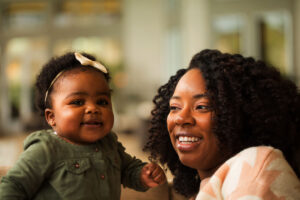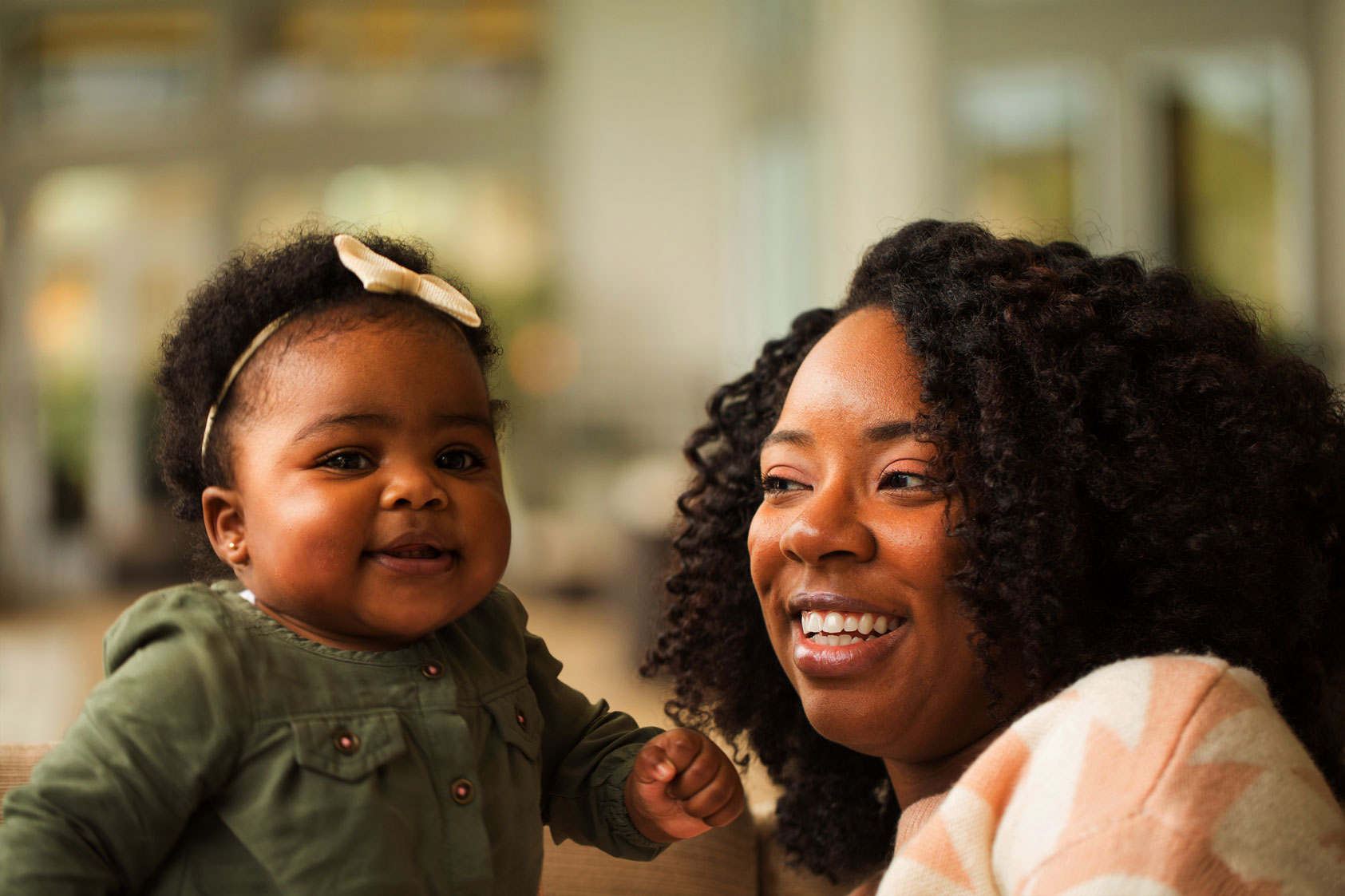Infant Observations
 Over a period of 3 months, I had the privilege of undertaking weekly observations of an infant in my local community. The observations were required for my attendance on the ‘Infant observation in the perinatal period’ course via the Tavistock and Portman Centre. The aim of attending the course was to expand on my observational skills, and to enhance my knowledge of ‘ordinary’ emotional development of parent-infant relationships.
Over a period of 3 months, I had the privilege of undertaking weekly observations of an infant in my local community. The observations were required for my attendance on the ‘Infant observation in the perinatal period’ course via the Tavistock and Portman Centre. The aim of attending the course was to expand on my observational skills, and to enhance my knowledge of ‘ordinary’ emotional development of parent-infant relationships.
Although the sessions initially created feelings of anxiety due to my limited availability and work commitments, I quickly became fond of attending the sessions. Apart from looking forward to seeing the subtle changes with the infant’s development, I loved watching the evolving and blossoming relationship between the infant and their mother.
One requirement for the observations was that I was not to take notes; rather, I was directed to pay full attention to the infant and their interaction. To be honest, this felt a little awkward at first as although I have observed a copious number of parents during family time within a child protection context, I was mindful of how note-taking can help break the intense awkwardness that I can at times feel. I’m not sure whether other practitioners experience similar feelings, but I know from speaking to parents, the feeling of being closely observed can certainly be overwhelming (I wonder whether the parents’ anxiety of being watched influences my own feelings of awkwardness and this being a result of emotional transference?).
After I contained my own feelings, I increasingly became more focused on trying to make sense of the micro interactions between the infant and their mother. Apart from trying to understand the reasoning for the infant’s fluctuating state of arousal and their strategies for eliciting responses from their mother, it was interesting to reflect on how the mother was continuously trying to make sense of her infant’s interaction. The mother was very good at identifying and responding to her infant’s cues, with this making me reflect on how her interaction was different to some of the parents I have observed during family time sessions.
Most notably, the mother continuously narrated what she and the infant were doing, including her frequently making comments about how she interpreted her infant’s experiences. While reflecting on these observations at the end of one of our sessions, the mother advised that she wasn’t aware of what she was doing, or the possible reason for her interaction. I found this interesting as without intentionality, I believe the mother evidenced the capacity to mentalise for her infant (mentalisation including the capacity to reflect on the experiences and mental states of others). Without such intentionality, this raised the question of how the mother had learnt to mentalise for her infant, and why she appeared to subconsciously believe that such interaction was important for their relationship (the infant is the mother’s only child, with her having no significant prior experience of parenting)?
Having a keen interest in Attachment Theory, I was always trying to make sense of the infant’s strategies when the mother was absent for brief periods, and what the infant did when wanting to seek comfort from her mother. One of the most insightful moments was when the mother left the room, with this resulting in the infant initially smiling at me, and then redirecting her focus to her toys and appearing inwardly focused when she didn’t receive what I assumed to be an anticipated response (I was asked to interact with the infant as little as possible, meaning I didn’t reciprocate the infant’s smile or vocally engage). As soon as the mother re-entered the room, the infant appeared to seek instant connection with her mother by smiling and by vocalising what sounded like an expression of excitement. As soon as the mother responded and reconnected with her infant, the infant’s demeanour instantly changed and all indicators of distress disappeared (for example, the infant no longer presented as internally focused). This brief moment of separation for the infant, and the mother’s capacity for reconnection, made me reflect on the reciprocal dance between the infant and their mother and how their interaction was similar to what I have seen referred to as secure attachment behaviour.
Apart from trying to make sense of the infant’s strategies for connection, the mother shared comments which highlighted an interesting insight into her experiences of being a parent. For example, the mother made comments about her historically finding the process of winding frustrating, but as her infant became older and no longer needed to be winded, she expressed that she had started to miss that experience. The mother also commented on how her infant no longer looked like a young baby; subsequently kissing and gently blowing a raspberry on her infant’s cheek.
The mother’s comments suggested a dichotomy of feelings, whereby she appeared to be relishing in her experiences of being a parent, while also experiencing feelings of loss (loss of her infant’s changing physical appearance, and her infant’s fast-changing habits and behaviours). The mother’s apparent feelings of loss also made me reflect on the parents I have worked with and assessed within the context of child protection; with me considering the additional layer of loss that some parents had to manage when their child was removed from their care due to risks surrounding the child’s safety and wellbeing.
Apart from all the interesting reflective discussions I engaged in with the other participants, and the fascinating literary reviews that we undertook, my favourite moment of the whole course was one moment of connection between the mother and infant. While cradling her infant in her arms and reflecting on her experiences of being a parent, the mother commented on how she always knew that parenting brought people joy, but until she became a mother, she didn’t realise that such joy could be experienced. Not being a parent myself, I found this moment very moving and thought provoking. Most importantly however, it made me feel more motivated to help parents who need support to enable them to experience the feelings of joy that this mother was clearly experiencing on her journey of being a parent.
I would like to express a huge thank you to the mother, infant, and the Tavistock Centre for enabling me to have such a wonderful learning experience…
